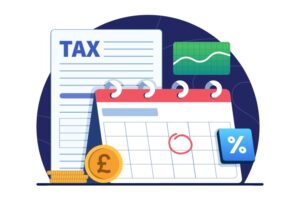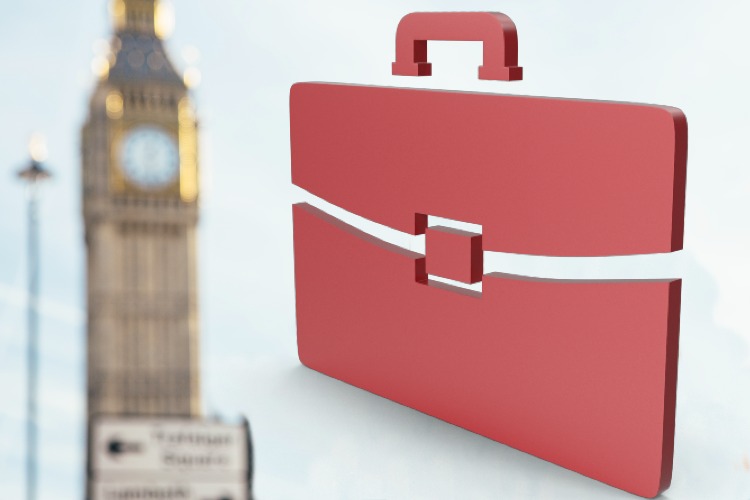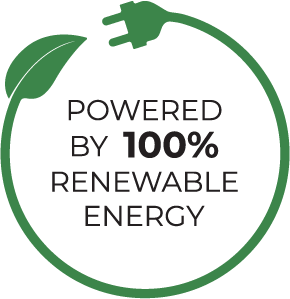Receiving a “perk” from your employer on top of the regular salary can result in additional tax to pay, depending upon the perk. Items such as company cars (or vans), fuel, interest-free loans, private health cover, gym membership, expenses that are not related to business and many more can be liable to tax as they are classed as taxable “benefits in kind”.
Reporting to HMRC
Normally, an employer would inform HMRC and the employee of the BIK at the end of the tax year by producing a P11D form, which will be used to adjust the tax code. These need to be filed with HMRC and passed to the employees by 6 July following the end of the tax year on 5 April. There are penalties for late filing and also for false declarations.
Tax on Benefits in Kind
The employee pays tax on the value of the benefit at his personal tax rate. The employer has a 13.8% Class 1A National Insurance liability. The company car has been a target for substantial increases every year. However, the benefit on electric cars, and especially 100% electric cars, is currently very low – at just 1% of the list price in 2021-22 and 2% for the following years. So, the cash cost of having a £50,000 Tesla is just £500 @ 20% = £100 for a basic rate taxpayer or £200 for a higher rate taxpayer.
Please let us know if you are providing, or think you might be providing, benefits in kind, so that your tax obligations can be discharged correctly. Also talk to us if you want to discuss company cars in more detail too.










